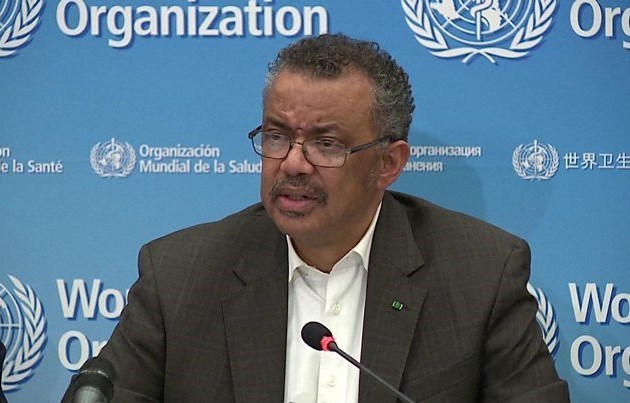The World Health Organisation announced on Thursday on next phase in the search for the origins of the coronavirus following the publication of a WHO-China joint report in March 2021 which left all options on table.
The previous report said that the transmission of the coronavirus from bats to humans through another animal seemed a “likely to very likely” hypothesis, while a laboratory incident remained “extremely unlikely”. However, WHO Director-General Dr Tedros was not satisfied with the report.
“As far as WHO is concerned, all hypotheses remain on the table,” he said then. “This report is a very important beginning, but it is not the end. We have not yet found the source of the virus, and we must continue to follow the science and leave no stone unturned as we do.”
The conduct of the study was also criticized by the international community, including the EU. In a statement, the EU said that “further work will require timely access to all relevant locations and to all relevant human, animal and environmental data available, including data from the first identified COVID-19 cases”.
According to a recent interview in Danish TV2 with Peter Embarek, the Danish researcher who led the team of international scientists on the mission to China in January, the laboratory hypothesis is “likely”. Swedish daily DN quoted him saying (12 August) that the first person who was infected by COVID-19 could have been an employee at a laboratory in Wuhan.
The formulation “extremely unlikely” in the report was the outcome of a compromise with the Chinese negotiators, Embarek said but added that there is no direct evidence for the laboratory link. The WHO team was allowed to visit two laboratories in Wuhan but not the government disease control agency which is located close to the wet market where everything started.
The agency was moved to the place only in December 2019. To carry out a proper study of any possible leak from the laboratory, a forensic investigation of the place including interviews with the employees would be required, according to Embarek.
In the statement, WHO says that it has been working with Member States and the scientific community since the start of the COVID-19 pandemic to better understand how this pandemic began so that we can be better prepared for the next one.
Foreseeing problems in next phase of the study of the origin of COVID-19, WHO calls for all governments to “depoliticize the situation and cooperate to accelerate the origins studies, and importantly to work together to develop a common framework for future emerging pathogens of pandemic potential.”
“Searching for the origins of any novel pathogen is a difficult process, which is based on science, and takes collaboration, dedication and time.”
WHO reiterated that the search for the origins of SARS-CoV-2 “is not and should not be an exercise in attributing blame, finger-pointing or political point-scoring. It is vitally important to know how the COVID-19 pandemic began, to set an example for establishing the origins of all future animal-human spill over events.”
In the statement, WHO is also responding to claims from China and a number of other Member States that have written to WHO regarding the basis for further studies of the SARS-CoV-2 lab hypothesis, suggesting that the origins study has been politicised, or that WHO has acted due to political pressure.
“On review of the phase one study report, WHO determined that there was insufficient scientific evidence to rule any of the hypotheses out. Specifically, in order to address the “lab hypothesis,” it is important to have access to all data and consider scientific best practice and look at the mechanisms WHO already has in place.”
“Analysing and improving lab safety and protocols in all laboratories around the world, including in China, is important for our collective biosafety and security,” WHO concludes.
The Brussels Times

